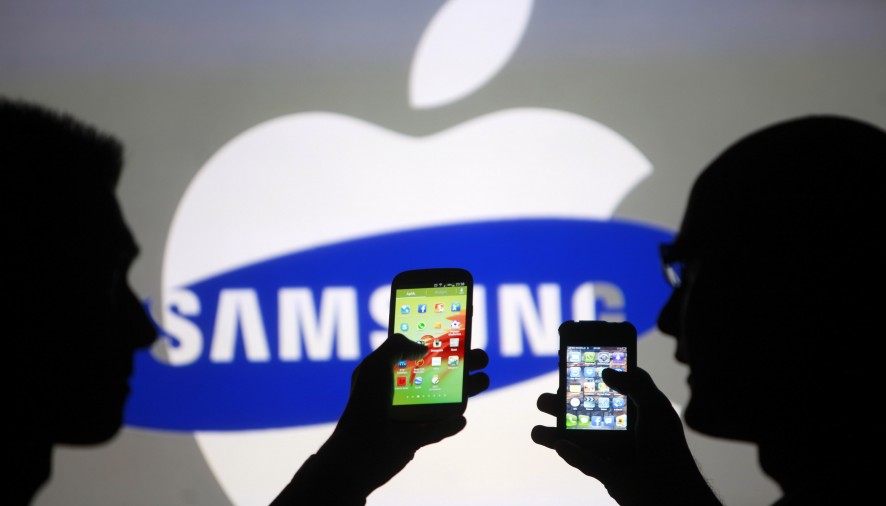(Photo : REUTERS/Dado Ruvic)
Following the release of the Galaxy Note 7 in August, Samsung was riding the wave of success after rave reviews for their innovative new design, which claimed to push the boundaries of previous smartphone capabilities. Offering premium wireless charging and a more responsive iris scanner, the water-resistant “phablet” promised a much larger 4200 mAh battery which lasted over a day and could charge to 100% in 100 minutes!
In case you had a burning desire to purchase a Galaxy Note 7 after the initial glowing reviews, think again: 92 reports of the lithium-ion battery overheating, and devices spontaneously bursting into flames, have been recorded since release, as well as 26 reports of serious burns and 55 of property damage in the US alone.
Shortly after Samsung’s exploding phone crisis, rumours that Apple products including the iPhone 7 and 6 Plus models were also exploding came to the fore, when Chinese Media Today reported an iPhone 7 user recording a video when his phone exploded in front of his eyes; this was followed by unconfirmed reports that he was injured by flying glass from the screen during the incident. Apple has since refused to give a statement to the press but has replaced damaged Apple equipment to iPhone users after the explosions, which seem to be isolated events with minimal frequency. Currently, these incidents have had no major impact on their share price, which currently stands at $117.63 on the NASDAQ index, pushing Apple share prices up more than 20% in the past quarter.
In contrast, Samsung seems to have a fully-fledged crisis on its hands: with replacement phones also exploding into flames and emitting smoke, Samsung was forced to trigger an immediate product recall of 2.5 million devices! Asking users to power down their phones and exchange them as soon as possible. The South Korean firm is now discontinuing the Galaxy Note 7, but has been criticised for putting public relations before the safety of the public. Although an eventual product recall was triggered, Samsung attempted to cover up the scandal and failed to launch an official investigation. Instead, they chose to keep shipping potentially dangerous devices worldwide for as long as possible, before complaints forced the recall. Despite Samsung’s lack of transparency during the crisis and the financial hit they have taken recalling faulty devices, smartphone sales are no longer that important to Samsung shareholders. As of October 7th, Samsung Electronic shares have reached an all-time high of $1,528 per share as many existing customers still remain loyal to the brand.
Although these incidences may have initially left Samsung and Apple a little hot under the collar, their share prices suggest they have taken no major hit to their brand image and customers like us are still intent on buying their products.
By Julia Constable

